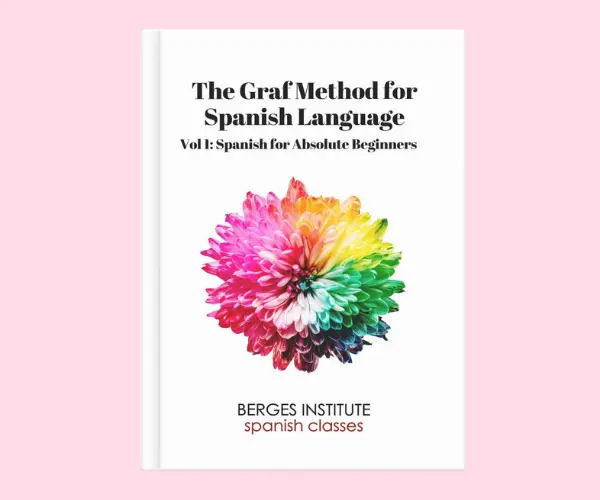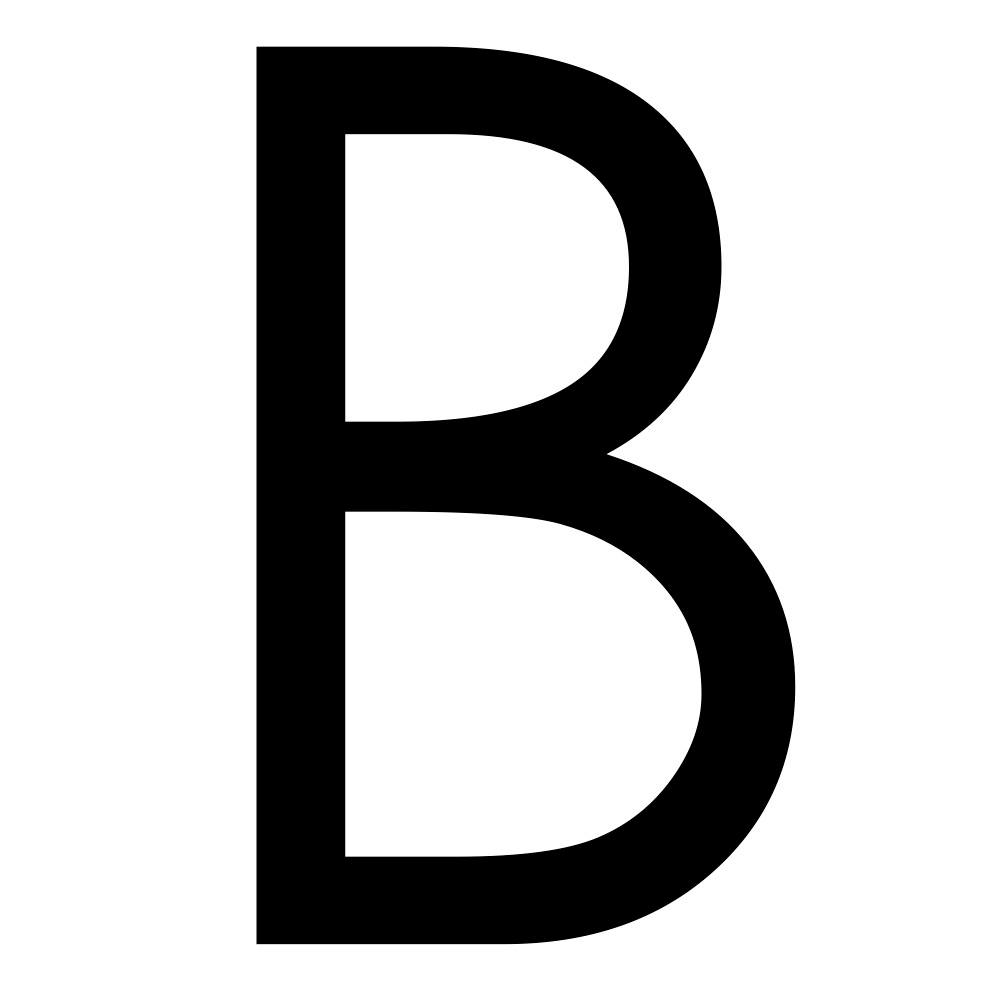

In this volume, we discuss the alphabet, definite and indefinite articles, and verbs ser and estar, among other topics.
A few days ago, we published an article in which we explained the General Accent Rules. We also mentioned in that article that “[there are some] special accents used to “break a diphthong” (i.e. to separate two vowels—and one of them is always either ‘i’ or ‘u’—that would by default be pronounced as a single syllable, as in día or púa).” We also said that we would explain this in detail. Here is the explanation:
As you know, in Spanish we have 5 vowels: A, E, I, O, U. We can divide them into two groups:
-We have three strong vowels: A, E, O
-And we have two weak vowels: I, U
Here are some rules:
1. If we have two strong vowels together, they will always be broken into to two separate syllables: área (3 syllables), caer (2 syllables), caos (2 syllables), ahora (3 syllables, we ignore the ‘h’), geotérmico (5 syllables), etc. Separating two adjacent vowels into two syllables is called a ‘hiatus’. With strong vowels, this separation just occurs naturally in Spanish, there’s no way to modify this naturally-occurring ‘hiatus’.
2. If we have either one strong + one weak vowel (the order doesn't matter) or two weak vowels together, they will be considered a single syllable: jaula (2 syllables), fui (1 syllable), traigo (two syllables), Europa (three syllables), tienes (2 syllables), ruido (2 syllables), etc. Combining two adjacent vowels into one syllable is called a ‘diphthong’. Again, with strong + weak vowels or weak + weak vowels this diphthong just occurs naturally in Spanish.
3. In many words that have a strong + a weak vowel together (and should be considered one syllable according to rule #2), we split these two adjacent vowels phonetically into two syllables (and, again, this just occurs naturally with certain words, no logic behind it whatsoever). We call this "unnatural" separation ‘breaking the diphthong’. When that happens, we must always place an accent mark on top of the weak vowel:Caín (2 syllables), todavía (4 syllables), tenía (3 syllables), baúl (2 syllables), búho (2 syllables, we ignore the 'h').
Practice – Listen to the following audio track and try to spell the words in Spanish.
You will hear the Spanish translations of the following words: mine (f), uncle, cautious, euro, monotheism, journalist, merchandise, police, anchovy, air, joy, allergy, river.
(Find the correct spellings at the bottom of the page.)
*****
¿Soy clásico o romántico? No sé. Dejar quisiera
mi verso, como deja el capitán su espada:
famosa por la mano viril que la blandiera,
no por el docto oficio del forjador preciada.
Converso con el hombre que siempre va conmigo
—quien habla solo espera hablar a Dios un día—;
mi soliloquio es plática con este buen amigo
que me enseñó el secreto de la filantropía.
- Antonio Machado
(Do all the accent marks make sense?)
Correct spellings for Practice – Listen to the following audio track and try to spell the words in Spanish: mía, tío, cauto, euro, monoteísmo, periodista, mercancía, policía, anchoa, aire, alegría, alergia, río.

Berges Institute is the fastest-growing language school for adults in the US, Europe, and India.
